Beijing to become cultural hub
Capital lays out plans to preserve, promote unique traditions, customs
Culture is to play a leading role in Beijing's global promotional activities showcasing the ancient capital's diversity and openness, according to the city's new development plan.
The mid-to long-term plan, aimed at making Beijing into a national cultural center between 2019-35, was released on April 9.
Beijing's culture is projected to become more influential in the global community and can help to better propel social and economic development in the capital.
As a whole, the plan highlights four cultural elements-the city's profound history, its revolutionary heritage related to the Communist Party of China, its unique traditions and customs, and cultural innovation.
The plan details the protection of 13 cultural areas in the city with well-preserved historical relics and buildings.
The planners will respect and maintain the original layout of the areas, leaving the streets and lanes-more commonly known as hutong-intact.
The local government will build public cultural facilities, including museums, memorial halls, cultural centers, galleries and libraries along the capital's central axis, to accommodate cultural relics and resources there.
The city will also encourage the emerging new styles of literary and artistic innovation, such as online literature, movie, operas, music, comics and performances, by taking advantage of internet platforms.
Digital libraries, cultural centers and museums will cover every district of Beijing by 2035 and public cultural services will be more comprehensive, convenient and efficient with high quality, the plan said.
For example, the city aims to create a system which makes sure all residents are within 15-minute access to public libraries and bookstores.
The local government will integrate the development of culture with technology, finance and sports to build an industrial and market system for culture with global competitiveness.
It plans to build several commercial areas by introducing high-quality cultural facilities, landscaping, projects and business formats to attract debuts of internationally famous brands and independent brands to Beijing, making the capital a world landmark for culture and commerce.
Tourism consumption is expected to increase markedly when Beijing's fame as an international tourism destination for historical sightseeing rises, the local government forecast.
The number of inbound visits-with no less than 50 percent coming for business and conferences-is projected to reach 10 million by 2035, which numbered 3.76 million in 2019, according to local government.
Tourism is expected to account for more than 30 percent of the city's total consumption by 2035, becoming a fast-growing sector of the local economy, according to the plan.
In addition, the environment will be correspondingly upgraded and improved to better help international tourists, the plan said.
For example, city guides, transportation maps, tourism apps, menus at hotels and restaurants will be provided in several languages and all public transportation will offer English language service.
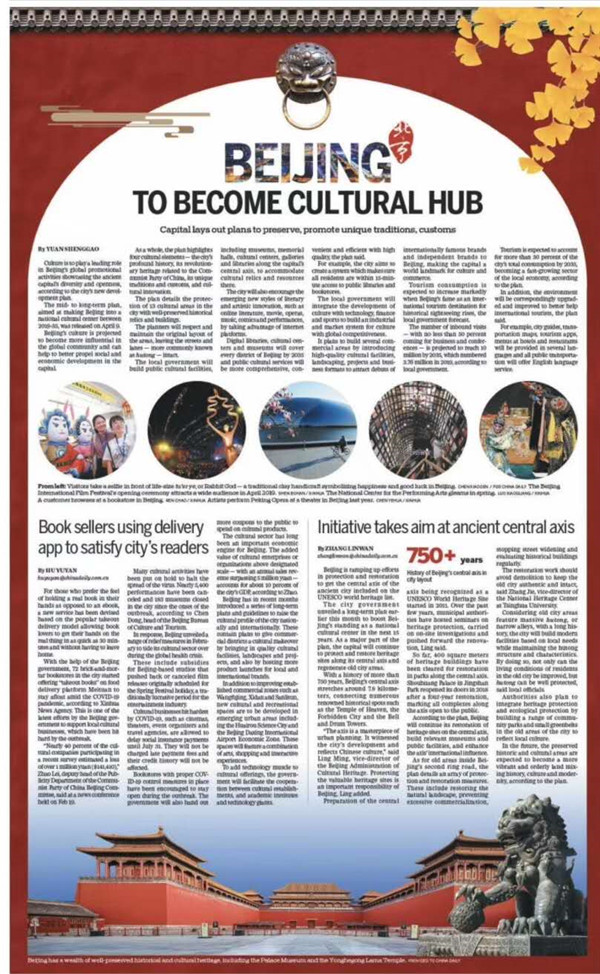
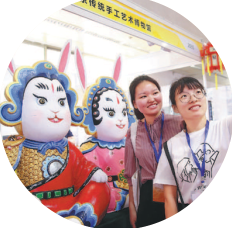
Visitors take a selfie in front of life-size tu'er ye, or Rabbit God-a traditional clay handicraft symbolizing happiness and good luck in Beijing. [Photo/CHEN XIAOGEN FOR CHINA DAILY]
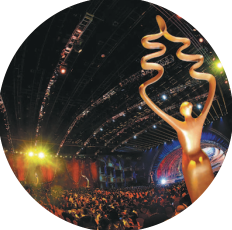
The Beijing International Film Festival's opening ceremony attracts a wide audience in April 2019. [Photo/SHEN BOHAN/XINHUA]
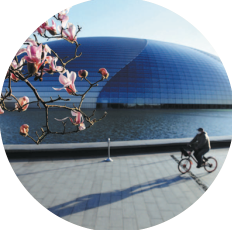
The National Center for the Performing Arts gleams in spring. [Photo/LUO XIAOGUANG/XINHUA]
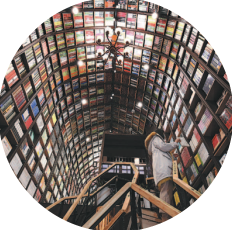
A customer browses at a bookstore in Beijing. [Photo/REN CHAO/XINHUA]
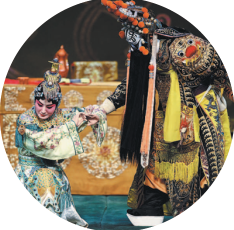
Artists perform Peking Opera at a theater in Beijing last year. [Photo/CHEN YEHUA/XINHUA]

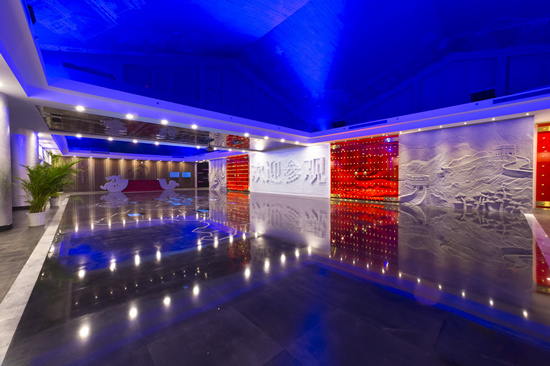 Responsibilities of the SOCAAC
Responsibilities of the SOCAAC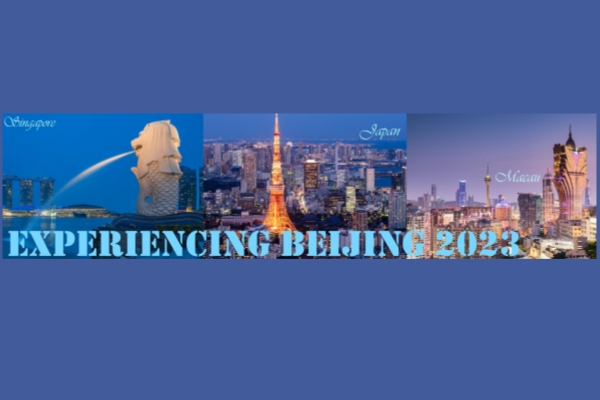 Experiencing Beijing 2023
Experiencing Beijing 2023